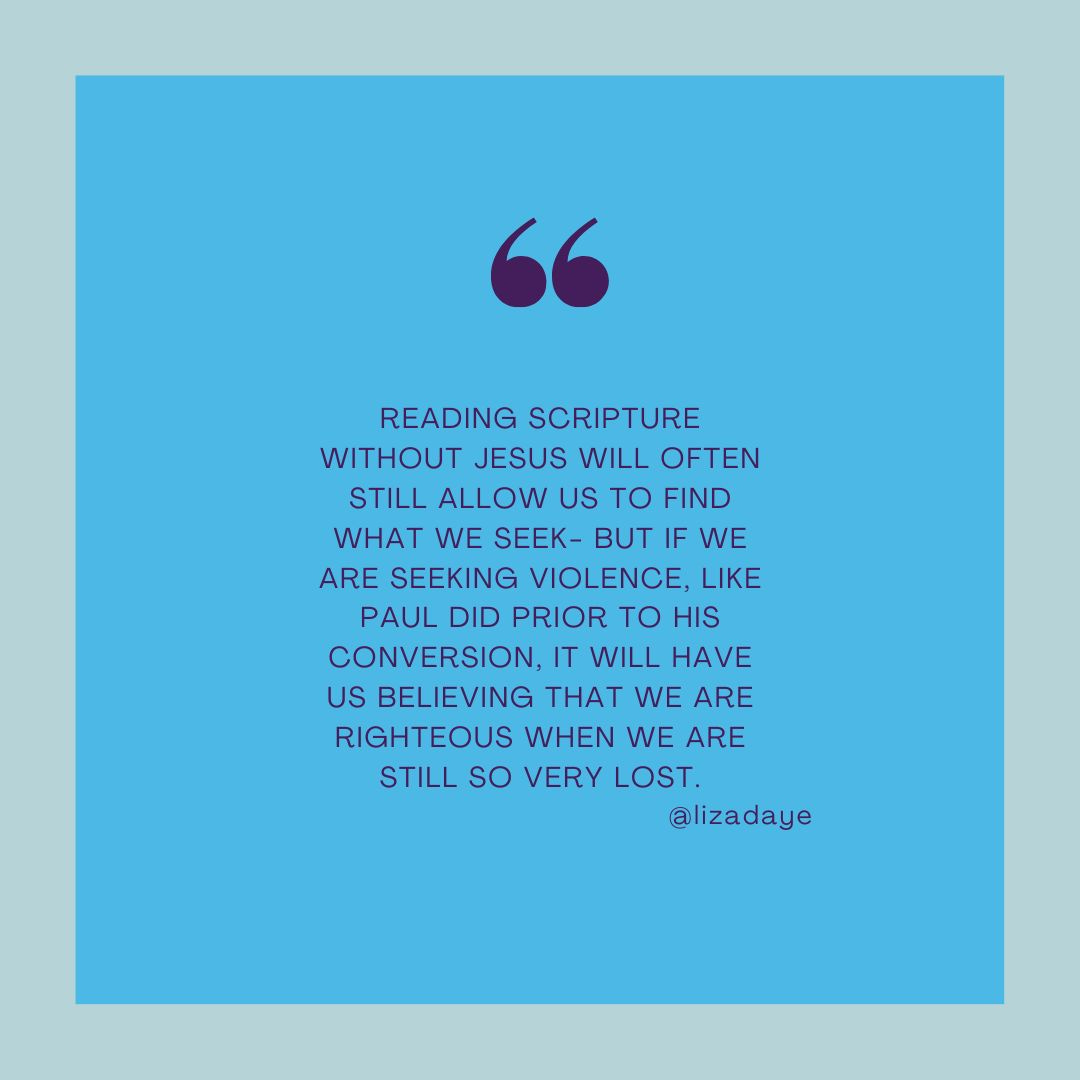So, I’ve never been a huge Paul fan. I get it, he had this miraculous conversion and wrote a chunk of the NT, but I always like to pay attention to the less noticed voices and perspectives. I feel like often, Paul gets a whole lot of credit that truly belongs to Jesus, but I digress. In my studies about him though, I did learn an interesting detail about him that really affected me.
After Paul was radically converted, and after his first recorded missional journey, there was a roughly 14 period where he was not ministering publicly. Many scholars believe Paul was studying the scriptures, maturing in the faith, and serving in a local context in Syria and Cilicia. For 14 years.
I’ve never really noticed this before.
But this is interesting to me to consider because Paul was educated by one of the most prominent pharisaical teachers of his day. Paul knew the scriptures inside out before his conversion. He was a talented scholar.
But in that post conversion 14-year period of potential studying, prayer, and reflection before his ministry continued, the scriptures didn’t change- but Paul did.
He would have likely seen the same words, with new eyes.
The same truths with new perspective and revelation.
One of the reasons that I chose Dallas Seminary is that our doctrinal statement (paraphrasing) declares that scripture is not read properly until it is read through the lens of the resurrected Christ. And I believe Paul’s life exemplifies this. In humility, if this view about Paul’s whereabouts during his lost years is true, then he knew had to pause ministry entirely and revisit everything he thought he knew about the holy texts.
Because knowing Jesus changes everything we think we know about everything.
Reading scripture without Jesus will often still allow us to find what we seek- but if we are seeking violence, like Paul did prior to his conversion, it will have us believing that we are righteous when we are still so very lost.
The resurrected
seated
returning Jesus
changes everything.
And when scripture seemingly competes with itself, the cultural and historical context must be considered through the lens of what God did through Christ. Paul’s lived experience shows us that the words we have previously made into weapons & wielded sinfully against one other must be beaten into the tools we will use to cultivate the kingdom and participate in growing goodness within God’s forgiven family of believers. That kind of work takes time.
Truly, this is ministry, discipleship, and spiritual formation.
Truly this is growing God-centered goodness.
It is also important to note that just because this time period is still unequivocally mysterious, the practice of imagining and wondering with God is holy. It invites us into the text and aids in forming our theology. Whether this particular view is historically accurate or not, the 14-year period of obedient invisible faithfulness is still in my mind, one of Paul’s greatest accomplishments. And after researching him and studying his ministry, I actually appreciate him a lot more than I did before. Funny how that works 😉.






